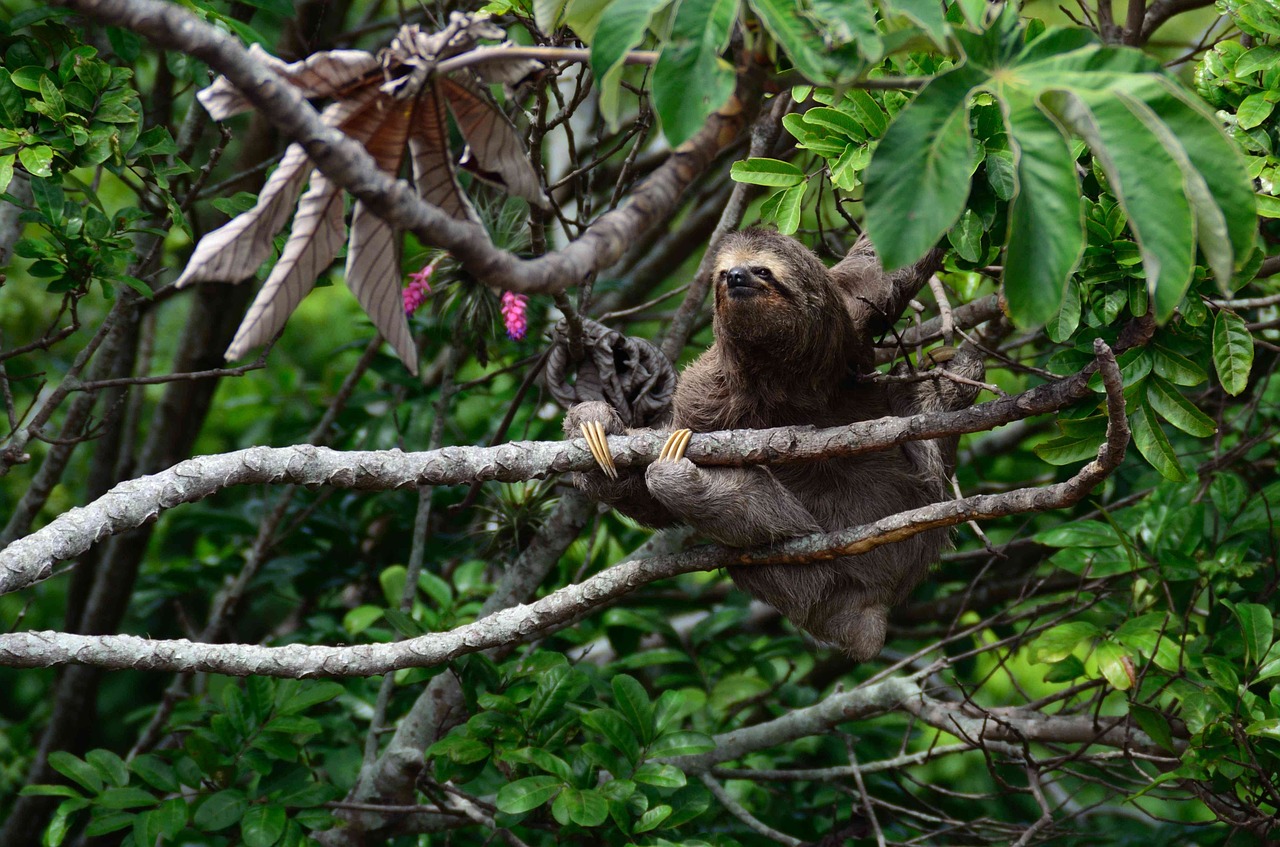
The current loss of biodiversity is unprecedented and the rate of species extinction exceeds comparable natural processes many times over. This loss of abundance and diversity of wildlife caused by human intervention is particularly pronounced in the tropics. A new study by scientists from the Leibniz Institute for Zoo and Wildlife Research (Leibniz-IZW) and the Lund University Centre for Sustainability Studies (LUCSUS) looks at the link between increasingly animal-less tropical forests and the Sustainable Development Goals of the United Nations.
The study, published in the journal Ambio, shows how the loss of abundant and diverse wildlife undermines food security, increases the risk of infectious disease outbreaks, reduces capacity for carbon storage and thus weakens the cornerstones of sustainable global development. Based on these insights, researchers are pushing for more attention to be paid to defaunation in interdisciplinary research, forest policy and conservation.
The article in the journal "Ambio" can be found here.


